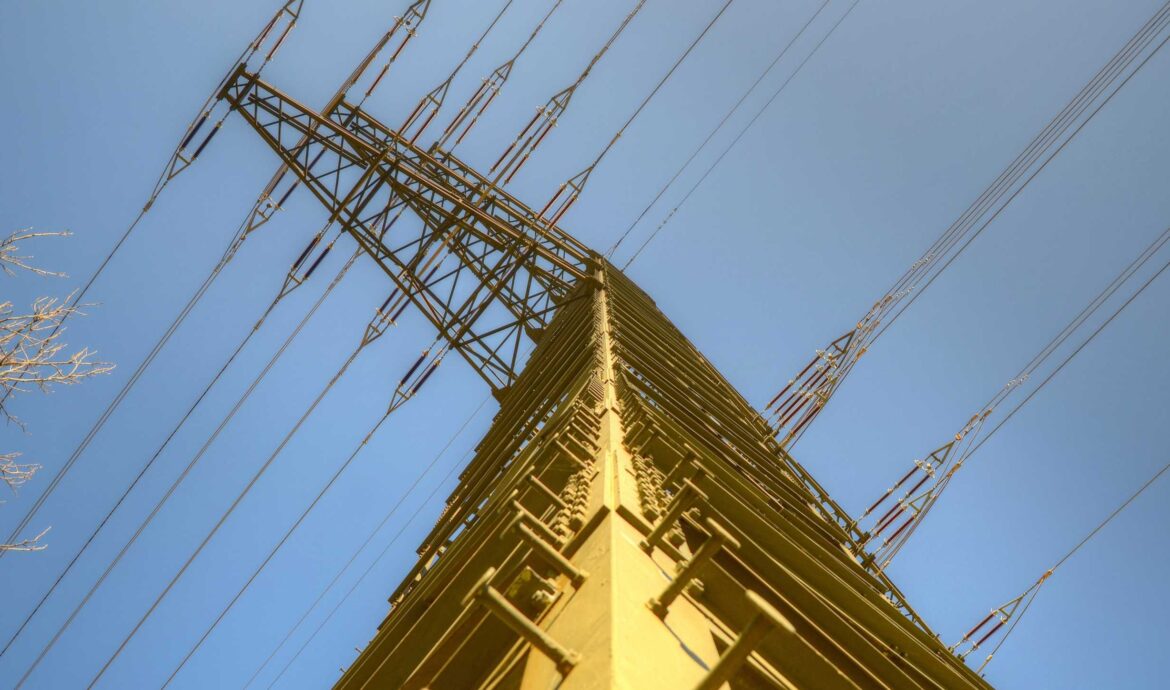
Why we need electricity trade
On 17.05.2023 by Anthony PattBy Anthony Patt
Anthony Patt is Professor of Climate Policy at the Institute for Environmental Decisions at ETH Zurich. Professor Patt’s research intends to identify successful governmental approaches for eliminating societal greenhouse gas emissions within a short timeframe, and to adapt to climate change.His research encompasses empirical appraisal of people’s beliefs, attitudes, and decisions, as well as modelling the interactions of people, institutions, and technological systems. Professor Patt together with his team have published their findings in over 100 articles in peer-reviewed journals, including Science, Nature, and Proceedings of the National Academy of Sciences.
To decarbonize our economy, electricity will replace oil and natural gas as the primary energy carrier. Where should that power come from? Many people argue that all of it should be produced domestically. Careful analysis suggests some share of it should be imported, says Anthony Patt.
Self-reliance plays a huge role in Swiss culture.1 This desire, coupled with an ethic of hard work and humility, has helped to make Switzerland prosperous and strong. And yet the idea of self-reliance often contradicts reality. Switzerland’s wealth, and our standing in the world, rest to an exceptionally large extent on international trade and interdependence with other countries.2

Figure 1: Importing electricity through trade helps increase Swiss energy security. (Photograph: T. Linack / Adobe Stock)
The dichotomy between reality and myth is particularly strong with respect to energy. We import just over 70% of our primary energy, in the form of fossil fuels and uranium. Electricity makes up about a third of our energy consumption, and while we generate domestically about the same amount of electricity as we use, we rely heavily on trade to efficiently balance supply and demand throughout the year.
Balancing capacities
International trade allows Switzerland to diversify the sources of power generation at any given time, either in Switzerland or in neighbouring countries. As solar and wind increase in share, geographic diversification will become even more important. In Europe, summers bring sunshine and winters bring wind, so it makes sense to balance these two sources of electricity, roughly equally.3
Unlike Switzerland, countries in northern Europe have enough electricity in winter of wind power, which peaks in winter. Denmark, for example, does well to export electricity in winter and import in summer. Switzerland and Austria are the two countries where summer-peaking hydropower and solar play a larger role than wind, and hence can export in summer and import in winter.
And even for wind or solar individually, geographic balancing is valuable. By bridging regions spanning multiple weather systems, distances on the order of 500 – 1,000 km, we can greatly reduce the variability of each source of power.4 Lessened variability in turn allows us to reduce the waste (up to 50%) that is inherent in storing electricity from one period to the next. The results are both lower costs and a lower overall environmental footprint to gain a given standard of reliability.5
Boost reliance
For Switzerland the question is: do the potential risks inherent in electricity crossing international borders outweigh the gains from geographic diversification? My answer is no, because the risks inherent in international energy trade turn out to be very minor. Researchers examined the dynamics of interdependency and found that exporting countries are typically hurt more by the loss of revenues that come with trade interruptions than importing countries are hurt by the loss of energy supply.6 In fact, it is exceedingly rare that exporting countries cause interruptions.
The main exception is when the importing country is highly dependent on a single exporting country – as was the case with Germany’s reliance on Russian natural gas – and the two countries are in conflict for other reasons. Moreover, the incentives for exporters to be reliable are stronger in the case of renewable electricity than with fossil fuels. If a country interrupts oil or gas exports, it can still use or export those fuels later, whereas electricity from wind and solar power not exported immediately will be lost forever.
In an analysis prescient of today’s situation, the researchers concluded that increased reliance on trade in renewable electricity would bring gains in security relative to the current system that is highly reliant on gas imports from relatively few countries.
A biased perception
The notion that geographic diversification and the concomitant electricity trade enhance Switzerland’s energy security clearly contradicts popular opinion. A decade ago, my team examined Swiss beliefs about energy security and trade, finding a sharp divide between energy industry insiders and just about everybody else, including energy consumers and politicians. While insider experts agreed that energy trade enhances our security, the public believed the opposite.
‘Switzerland should secure the access to the European electricity market and strengthen electricity trade.’
The non-expert view appears to be rooted in a well-known psychological bias: the fact that most people believe themselves to be above average in their abilities, intelligence, and trustworthiness.7 This in turn makes us feel safer when we are in control of a situation – driving one’s own car feels safer than sitting in an airplane, even when the opposite is true.
We need integration – not isolation
An energy system relying entirely on domestic production feels more secure because of a greater sense of control, even if careful analysis suggests otherwise. The argument that we need self-sufficiency to guarantee our long-term energy security has strong psychological and cultural roots, but it does not have a factual basis. Reducing or eliminating electricity trade in favour of energy autarky would come with less energy security, very high costs and severe environmental damages.
All analyses suggest that Switzerland, like all European countries, should increase domestic electricity production from solar and wind. As these displace fossil fuels, our overall energy imports will decline. By securing the same continued access to the European electricity market as our neighbours – they are currently strengthening electricity trade – we will make our energy system more secure, our environmental footprint lower, and our economy stronger.
Cover image: Photograph: T. Linack / Adobe Stock
Keep up with the Energy Blog @ ETH Zurich on Twitter @eth_energy_blog.
Suggested citation: By Patt, Anthony. “Why we need electricity trade”, Energy Blog @ ETH Zurich, ETH Zurich, May 17th, 2023, https://blogs.ethz.ch/energy/electricity-trade/
If you are part of ETH Zurich, we invite you to contribute with your findings and your opinions to make this space a dynamic and relevant outlet for energy insights and debates. Find out how you can contribute and contact the editorial team here to pitch an article idea!


Leave a Reply